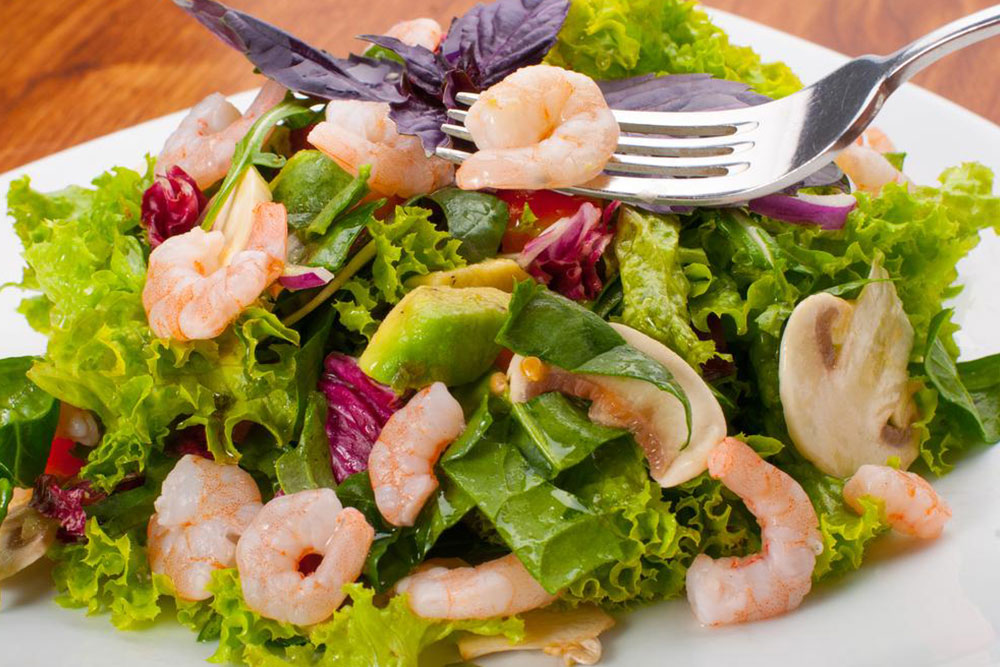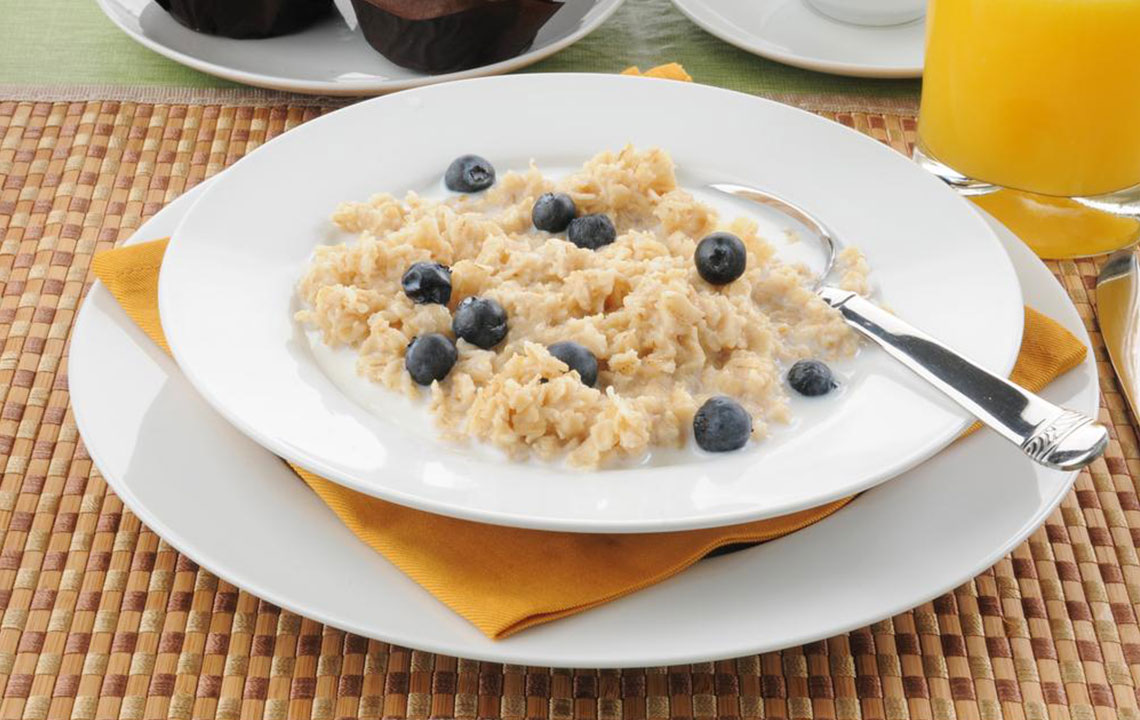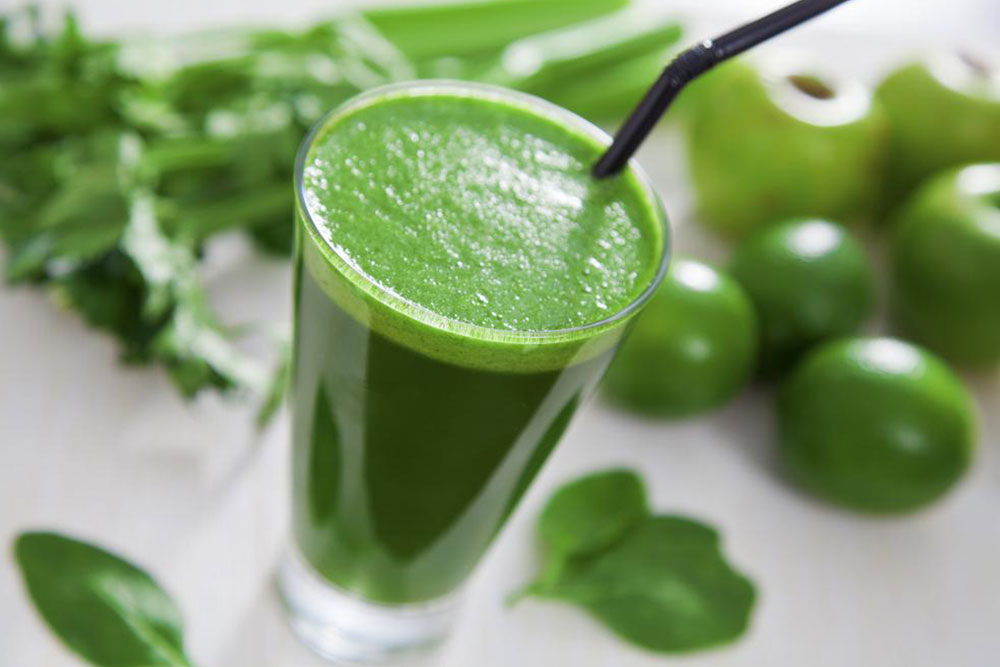Essential Guide to Managing Diverticulosis Through Diet
This comprehensive guide explores effective dietary strategies for managing diverticulosis. It highlights the importance of both liquid and high-fiber diets, tailored to symptom severity. Accompanied by lifestyle tips such as quitting smoking and exercising, the article emphasizes a holistic approach to prevent recurrence. Proper nutrition, medical guidance, and healthy habits are key to long-term relief and improved gut health.

Essential Insights on Dietary Strategies for Diverticulosis
Proper nutrition is vital in easing the symptoms associated with diverticulosis. Alongside medical treatment, adopting healthier eating habits can promote long-term recovery. While the exact cause of diverticulosis remains unclear, research suggests that a diet low in fiber may play a role. Fiber aids in stimulating intestinal movement, helping to prevent inflammation and infection in the digestive lining. Adjusting your diet based on your symptoms can significantly improve your condition.
Your healthcare provider will recommend a suitable dietary plan and medications depending on the severity of your symptoms.
Diverticulosis management can involve either a liquid or high-fiber diet. These approaches not only ease symptoms but also support overall gut health.
Liquid Diet
During acute episodes with severe pain or bleeding, your doctor may advise a liquid diet to reduce digestive strain. This includes broths, soups, fruit purees, juices, water, ice pops, and herbal teas without added sugar or dairy. As symptoms subside, gradual reintroduction of low-fiber foods like dairy, seafood, eggs, potatoes, and cereals is recommended.
High-Fiber Diet
For mild symptoms, a diet rich in fiber can promote regularity and ease bowel movements. Foods like leafy greens, apples, nuts, Brussels sprouts, lentils, beans, whole grains, and prunes are excellent choices. Post-recovery, you can reintroduce fiber-rich foods gradually, always under medical supervision. Combining proper diet with prescribed medications accelerates recovery, but lifestyle changes such as quitting smoking, maintaining a healthy weight, and regular exercise are crucial to prevent recurrence. Developing good bathroom habits and responding promptly to bowel signals are also important.









